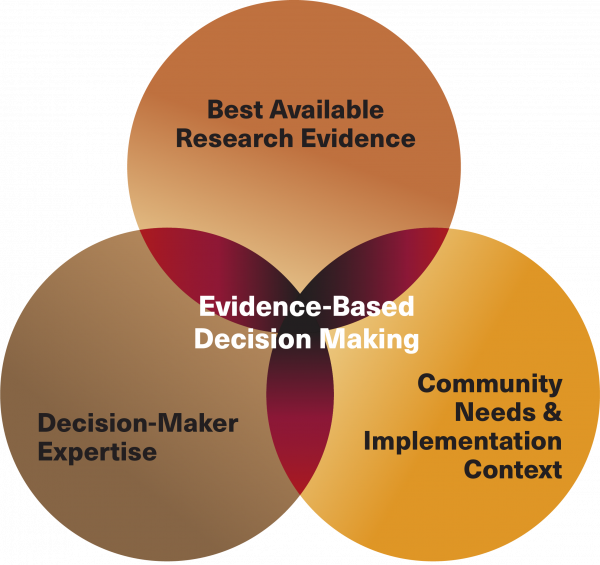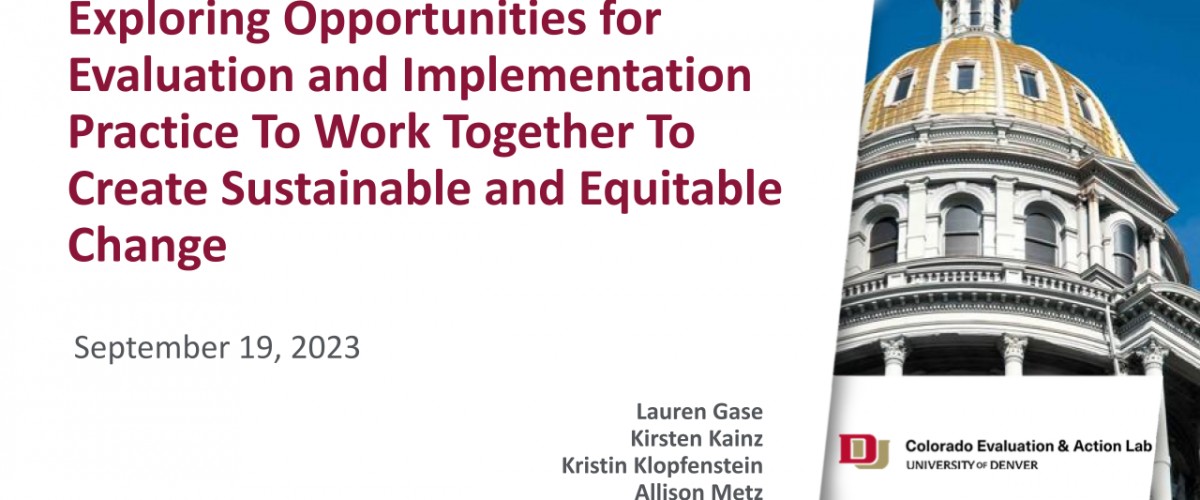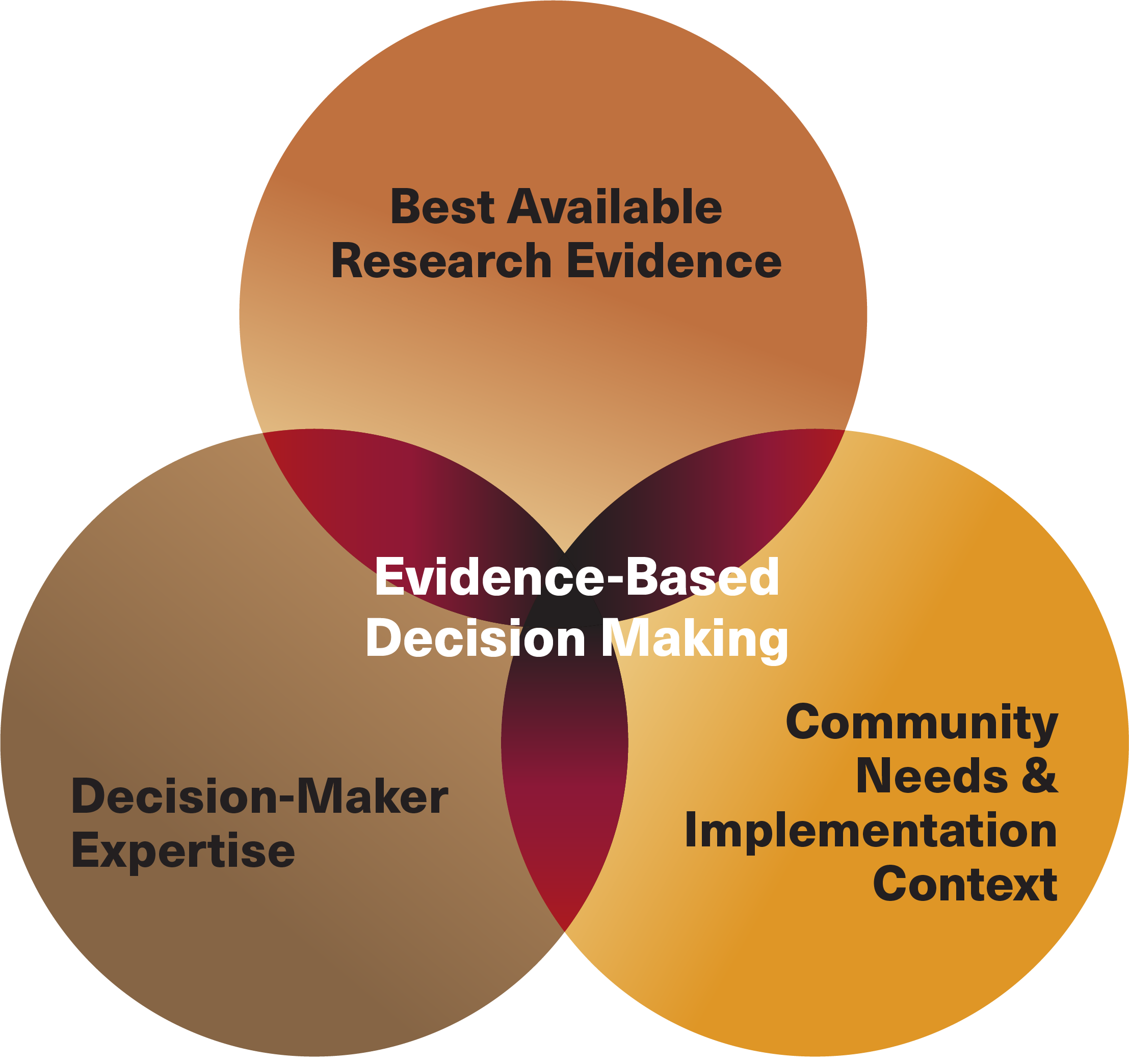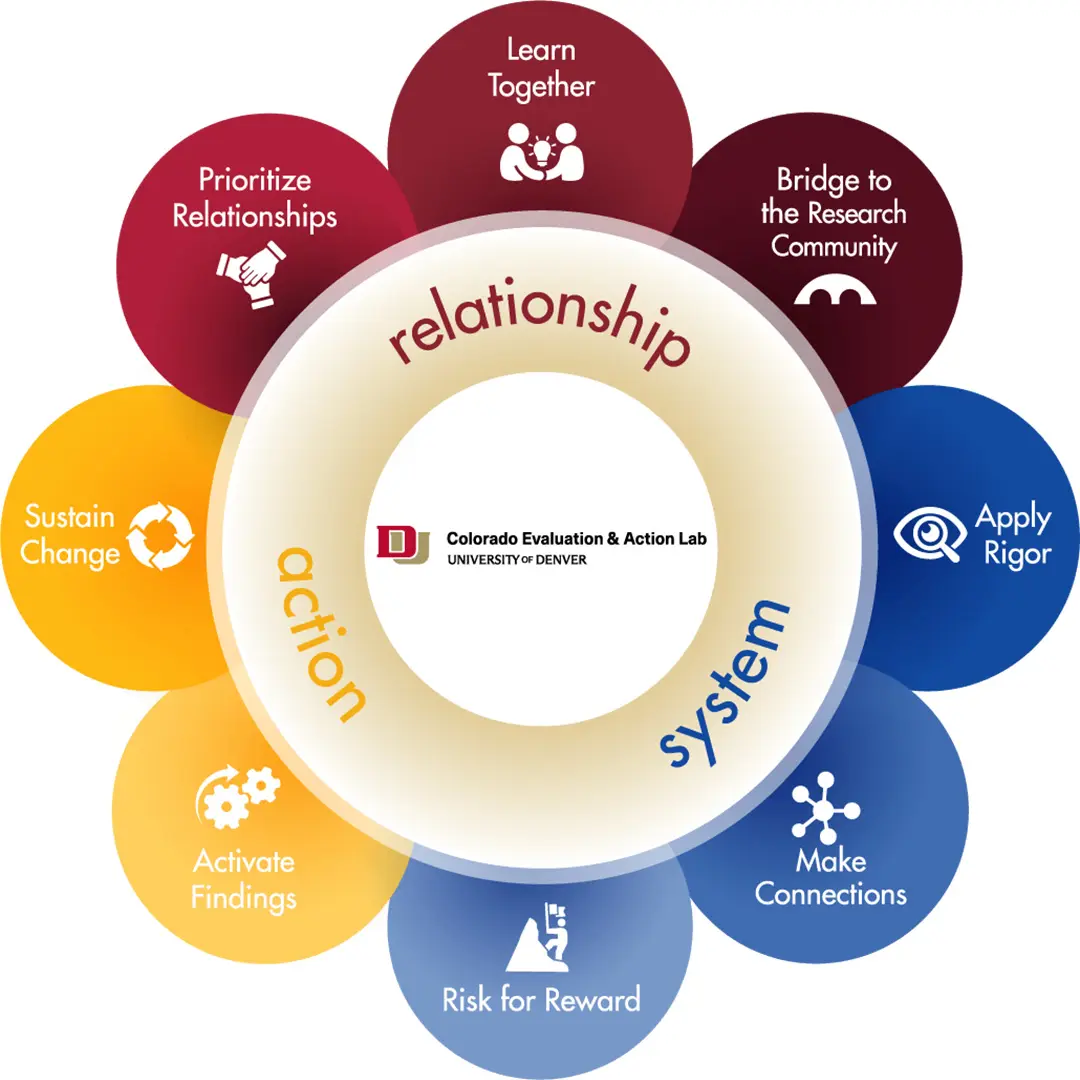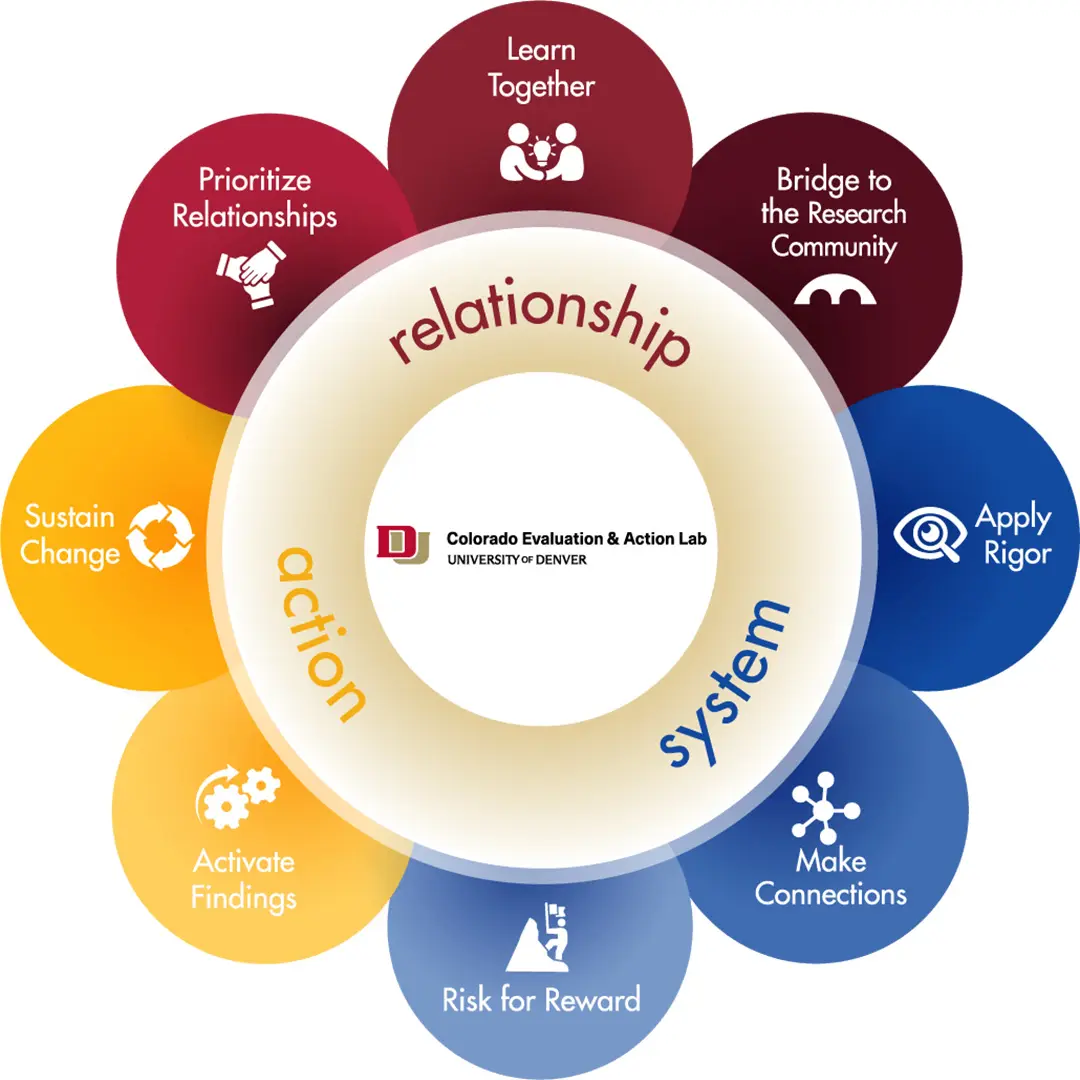LINC 5th Anniversary Series – Game Changer
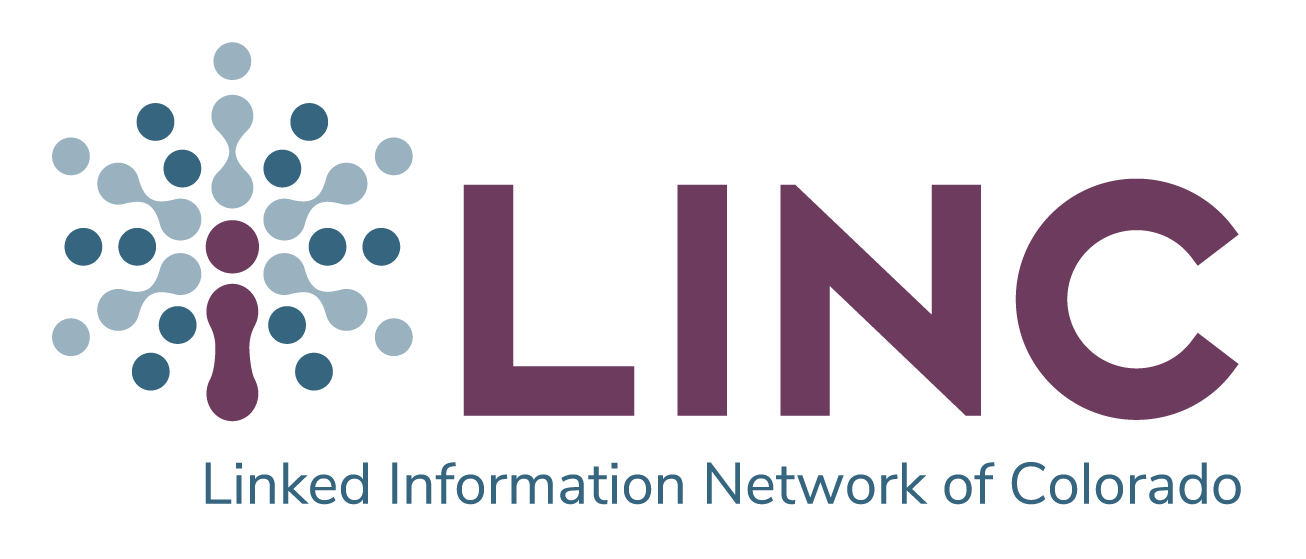
Researchers Say LINC is a Game Changer for Data Access and Impact
This post is part of our special blog series to mark the fifth anniversary of LINC.
LINC helps state agencies and organizations respond to complex societal needs by securing and providing research-ready data from multiple systems.
In this series, our partners share what they value about LINC, how they use the cross-sector data resources, and the difference their LINC-informed work is making in the lives of Coloradans.
When asked how the Linked Information Network of Colorado (LINC) has changed their work, researchers most often point to two things: vastly improved access to administrative data and the consequential impact of cross-sector data-informed findings.
“I can’t overstate how much LINC has improved our ability to access administrative data,” said Max Gross, PhD, Researcher, Mathematica. “Obtaining administrative data from even one state agency is really complicated. It can take years of conversation to build a relationship with a state agency, submit a data request, and complete the legal requirements. And even after years of conversation, you might not reach an agreement.”
The Administration for Children and Families of the U.S. Department of Health and Human Services contracted with Mathematica to conduct Youth At-Risk of Homelessness summative evaluation, in partnership with the Colorado Department of Human Services and the Center for Policy Research. The goal is to expand the evidence base on how to prevent homelessness for youth and young adults with foster care histories.

“The ability to more easily and quickly access meaningful cross-sector data has changed the types of research projects that can be achieved,” says LINC Director, Dr. Whitney LeBoeuf. “So many research projects that would have been killed now see the light of day because there’s a streamlined process with a trusted partner doing the data linkage.”

Dr. Barocas is using linked data to move the mark on health outcomes. “The social determinants of health are not only intervenable, they are disease-driving. So, the research questions we need to ask to advance equity and health really have to incorporate the social determinants of health, which you can only get from linked data sets,” he said. “Connecting linked data sources for researchers and clinicians like me who want to test hypotheses is really invaluable to the state.”
We invite you to follow our LINC fifth anniversary blog series (post 1: Five Year Milestone; post 2: Co-Creation Approach) and learn more about LINC at lincolorado.org.






